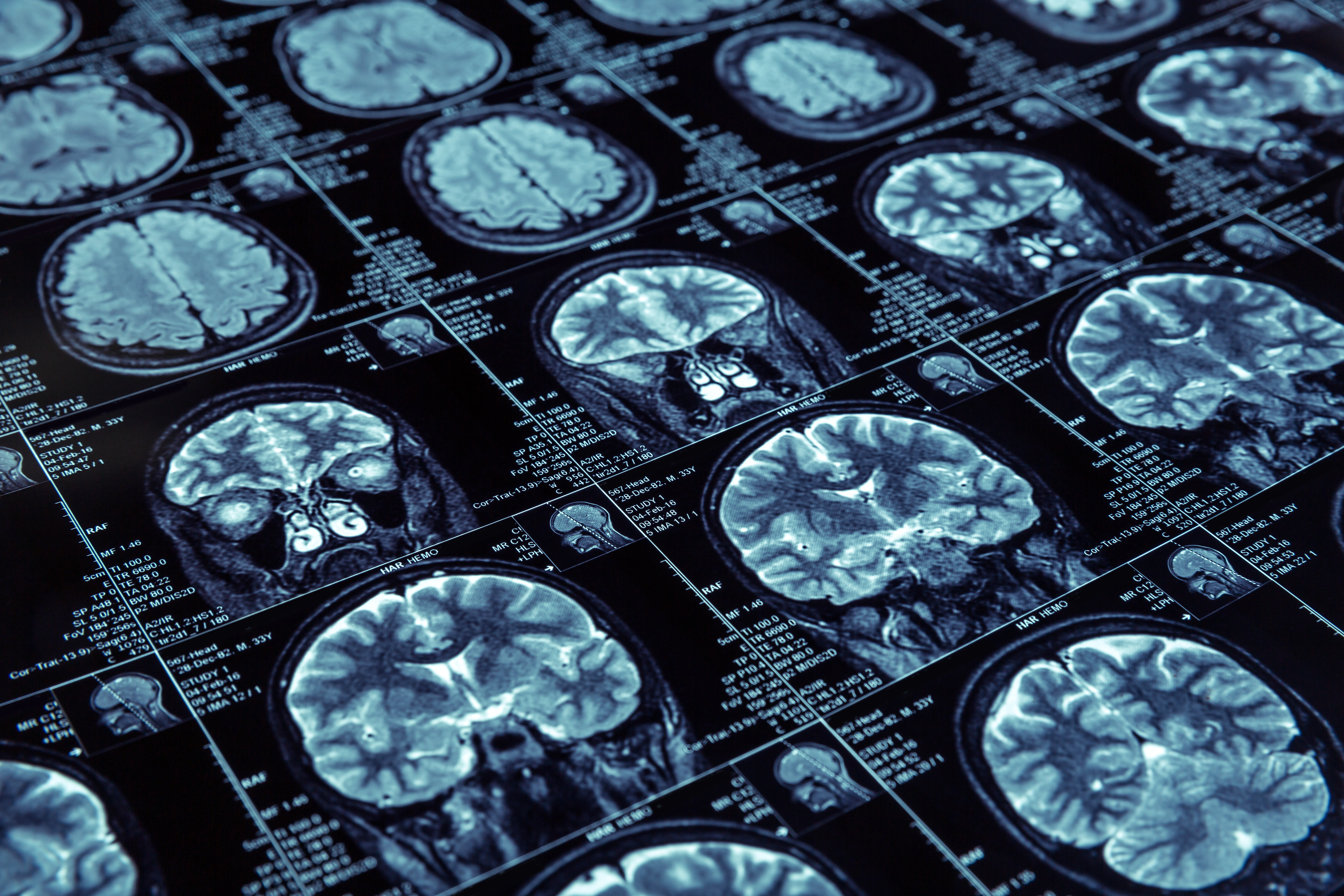Small Molecule Inhibitors for Alzheimer's Immunotherapy
Pan-SHIP1/2 inhibitors enhance phagocytosis of dead neurons and amyloid beta by microglia.
The beta-amyloid (1-42) peptide fragment is a crucial component of beta-amyloid debris that forms plaques in Alzheimer's Disease, playing a significant role in disease pathology and cognitive decline. Increased amyloid deposits and tau tangles exert chronic stress on microglia, leading to the emergence of "dark microglia" associated with pathological processes in Alzheimer's, including production of inflammatory cytokines, neurocytotoxicity, loss of neuronal synapses, and promotion of neuro-fibrillary tau tangles. However, microglia also have substantial homeostatic functions in the brain, which include pruning of synapses or phagocytic clearance of dead cells, cell debris, and beta-amyloid deposits.
The newly developed small molecule pan-SHIP1/2 inhibitors can modulate microglia activity in vivo, enhancing basal microglial homeostatic functions for therapeutic purposes in Alzheimer's disease. Specifically, the inhibitors, which were shown to be bioavailable in the central nervous system (CNS) in a mouse model, significantly increase phagocytosis of dead neurons and amyloid beta by microglia both in vitro and in vivo. The ability of these compounds to increase microglial and myeloid cell numbers in the CNS, while enhancing their capacity to remove beta-amyloid deposits, suggests that they could be used to reduce or reverse cognitive decline in Alzheimer's patients.

- Bioavailability in the CNS
- Immunotherapeutic approach
- Alzheimer’s disease
- Other dementias
Patent application submitted,
This technology is available for licensing.
Development partner, Commercial partner, Licensing, Seeking investment
Patent Information:
| App Type |
Country |
Serial No. |
Patent No. |
Patent Status |
File Date |
Issued Date |
Expire Date |
|